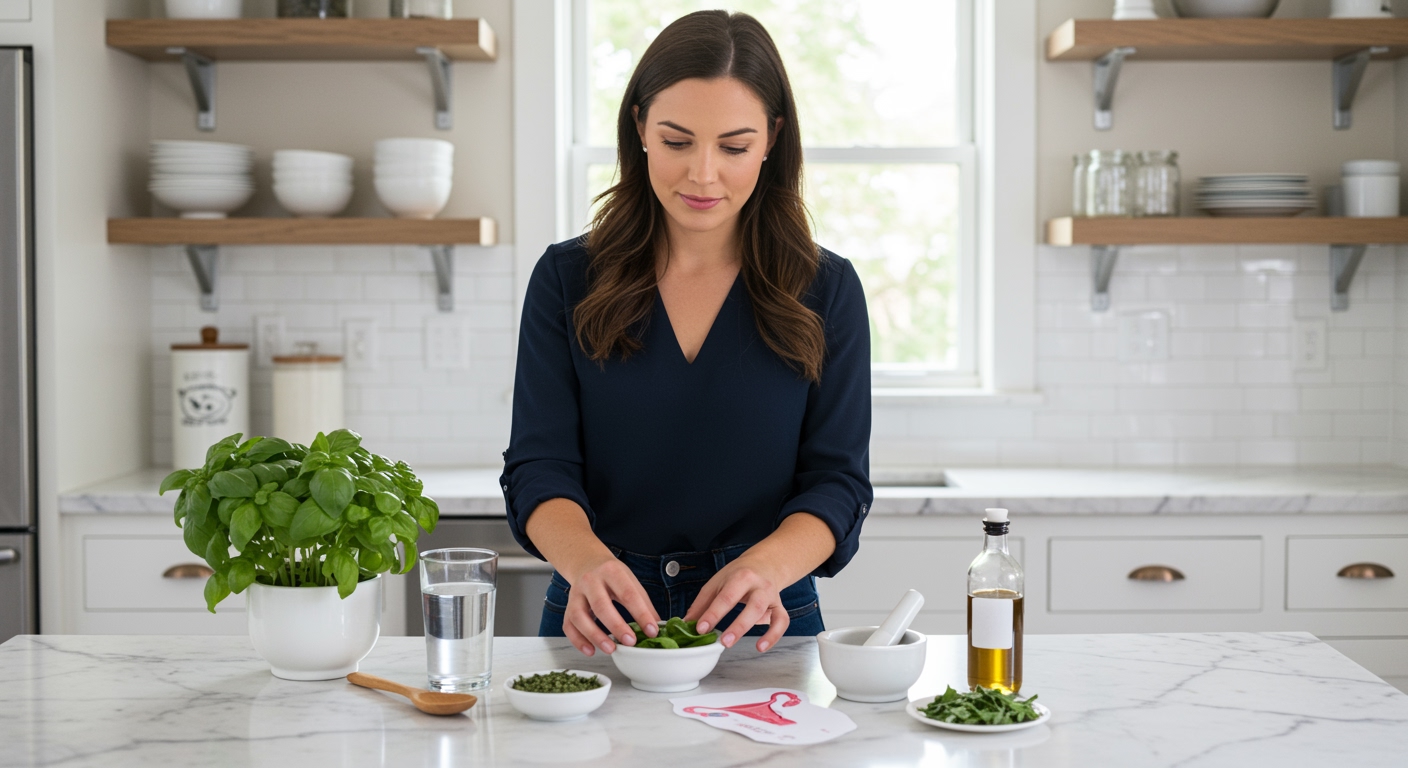✪ Key Takeaway: Carrots can help with PCOS by improving insulin sensitivity and providing fiber that supports hormone balance.
Introduction
You grab a carrot from your fridge and wonder if this simple orange vegetable could actually help manage your PCOS symptoms.
Many women with PCOS struggle with insulin resistance and hormonal imbalances that make weight management and symptom control incredibly challenging.
Hi, I am Abdur, your nutrition coach and today I am going to explain how carrots can support your PCOS management through their unique nutritional profile and metabolic benefits.
What Makes Carrots Special for PCOS?
Carrots contain a powerful combination of fiber, beta-carotene, and natural compounds that directly address key PCOS challenges.
The soluble fiber in carrots slows down sugar absorption in your digestive system, preventing those dangerous blood sugar spikes that worsen insulin resistance.
Beta-carotene acts as a potent antioxidant that reduces inflammation throughout your body, including in your ovaries where PCOS creates chronic inflammatory stress.
Research shows that women with PCOS often have higher oxidative stress levels, and carrots provide natural protection against this cellular damage.
The natural sweetness in carrots comes with built-in fiber that prevents the rapid glucose release you get from processed sugars.
✪ Fact: One medium carrot contains 2 grams of fiber and only 25 calories, making it perfect for PCOS weight management.
How Do Carrots Affect Blood Sugar and Insulin?
Carrots have a low glycemic index of around 35, which means they release glucose slowly into your bloodstream.
This slow release prevents the insulin spikes that drive many PCOS symptoms, including weight gain and irregular periods.
The fiber in carrots forms a gel-like substance in your stomach that physically slows down carbohydrate absorption.
Studies indicate that improved insulin sensitivity can help restore normal ovulation patterns in women with PCOS.
Raw carrots provide even better blood sugar control than cooked ones because cooking breaks down some of the beneficial fiber structure.
The chromium content in carrots also supports healthy insulin function, though the amounts are relatively small compared to other sources.
✪ Pro Tip: Eat carrots with a small amount of healthy fat like almonds to enhance beta-carotene absorption.
Can Carrots Help Balance Hormones?
Carrots support hormone balance indirectly by improving liver function and reducing systemic inflammation.
Your liver processes and eliminates excess hormones, and the antioxidants in carrots help this crucial detoxification process work more efficiently.
The fiber in carrots binds to excess estrogen in your digestive tract and helps remove it from your body through regular bowel movements.
Better insulin sensitivity from eating carrots can lead to reduced androgen production, which may help with symptoms like excess hair growth and acne.
The vitamin A from beta-carotene supports healthy reproductive function and may help regulate menstrual cycles.
✪ Note: Hormone balance takes time, so consistent carrot consumption over months shows better results than occasional eating.
What Is the Best Way to Eat Carrots for PCOS?
Raw carrots provide the maximum fiber benefit and lowest glycemic impact for PCOS management.
Aim for 1-2 medium carrots daily as part of a balanced meal or snack rather than eating them alone.
Pairing carrots with protein or healthy fats further slows sugar absorption and provides better satiety.
Carrot juice concentrates the sugars without the fiber, so whole carrots are always the better choice for blood sugar control.
Baby carrots are convenient but often have slightly higher sugar content than regular carrots due to processing methods.
Lightly steamed carrots retain most nutrients while being easier to digest if you have digestive sensitivities.
✪ Pro Tip: Keep pre-cut carrot sticks in your fridge for easy snacking when cravings hit.
Are There Any Risks or Limitations?
Carrots are generally safe for most women with PCOS when eaten in normal food amounts.
Eating excessive amounts of carrots can cause carotenemia, a harmless condition that temporarily turns your skin slightly orange.
Some women may experience digestive discomfort if they suddenly increase their fiber intake too quickly.
Carrots alone cannot cure PCOS and should be part of a comprehensive approach that includes other lifestyle modifications.
Women taking blood sugar medications should monitor their levels when adding more fiber-rich foods like carrots to their diet.
✪ Note: Start with small portions and gradually increase to avoid digestive upset when adding more carrots to your diet.
The Bottom Line
Carrots can definitely help with PCOS by providing fiber for blood sugar control, antioxidants for inflammation reduction, and nutrients that support overall hormonal health.
Simple foods like carrots prove that nature provides powerful tools for managing complex health conditions when we choose them consistently.
I would love to hear about your experience with incorporating carrots into your PCOS management plan, so please share your thoughts or questions in the comments below.
References
At NutritionCrown, we use quality and credible sources to ensure our content is accurate and trustworthy. Below are the sources referenced in writing this article:
- PMC: Nutritional Management of Polycystic Ovary Syndrome
- Mayo Clinic: PCOS Symptoms and Causes
- Cleveland Clinic: Polycystic Ovary Syndrome PCOS
- March Health: Health Benefits of Eating Carrots





